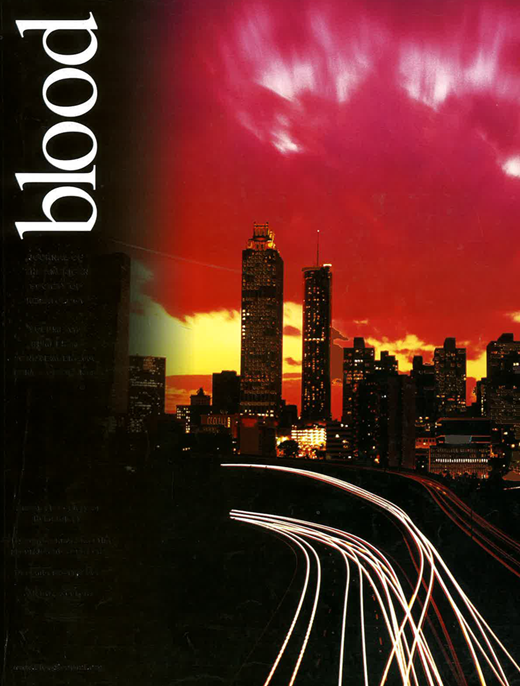Abstract
Background: We previously published data from a PK based maintenance trial in patients with CD 20 positive LPD. The PK based schedule derived from that trial was 1 dose every 3 months and is currently being evaluated in a large randomized trial (ECOG 4402). There has been appropriate concern that offering maintenance therapy may select for tumor cells resistant to rituximab thereby compromising the chance of response if patients are retreated once relapsing after such therapy. We now present long term follow-up on patients with low grade LPD treated on that trial. We furthermore report the results of retreating 5 patients who initially responded but relapsed after one year of maintenance rituximab.
Methods: Patients with CD20 positive LPD (except SLL/CLL) were treated with four weekly infusions of rituximab 375mg/m2. All patients without PD were then monitored for 1 year and received a single infusion of 375mg/m2 when the level fell below <25mcg/ml. Among 22 patients with low grade LPD 10 (45%) achieved a complete response and 5 (23%) a partial response for an overall response rate with 68%. With a minimal follow-up of 69 months, all but 2 patients have sufficient data available to evaluate their subsequent treatment and response.
Results: Of the 22 patients, there were 18 with follicular lymphoma, 2 with lymphoplasmacytoid lymphoma and 1 each with MALT and NOS. The median progression free survival (PFS) for the entire group was 23 months, but for responders the PFS was 50 months. 6/22 (27%) remain in continuous complete remission with no further therapy with a median follow-up of 72.5 mo. (range 69–76). Nine patients who initially responded have subsequently relapsed and were treated at the discretion of the treating physician as follows: 2 received no treatment one of whom experienced a spontaneous CR lasting 59 months, one patient with an isolated CNS relapse received intrathecal and local radiotherapy and is currently in CR with no further therapy at 71mo, 1 patient died in PR of a presumed MI and 5 received retreatment with rituximab accompanied by 2 years of maintenance therapy given as 1 dose every 3 months. Of the 5 patients who were retreated with rituximab the outcomes are listed in table I.
Conclusions: Individualized PK dosing for rituximab for 1 year yielded 27% prolonged DFS in patients with LG LPD. Although the numbers of patients treated are very small, 80% of those who responded to rituximab and subsequently relapsed retained sensitivity to rituximab and have had durable benefits, comparable to their first course. Future trials which evaluate the efficacy of limited duration maintenance strategies should continue follow-up of patients after progression to determine whether subsequent treatment with rituximab offers clinical benefit.
| Patient # . | 1st PFS . | 2nd Response . | 2nd PFS . |
|---|---|---|---|
| 1 | 18mo | CR | 44mo+ |
| 2 | 23mo | NR | NA |
| 3 | 27mo | CR | 33mo |
| 4 | 29mo | CR | 33mo+ |
| 5 | 50mo | PR | 29mo+ |
| Patient # . | 1st PFS . | 2nd Response . | 2nd PFS . |
|---|---|---|---|
| 1 | 18mo | CR | 44mo+ |
| 2 | 23mo | NR | NA |
| 3 | 27mo | CR | 33mo |
| 4 | 29mo | CR | 33mo+ |
| 5 | 50mo | PR | 29mo+ |
Author notes
Disclosure: Consultancy: Genentech Dr. Lynch. Research Funding: Genentech Dr. Lynch. Membership Information: Genentech Dr. Lynch. Off Label Use: Use of maintenance therapy.

